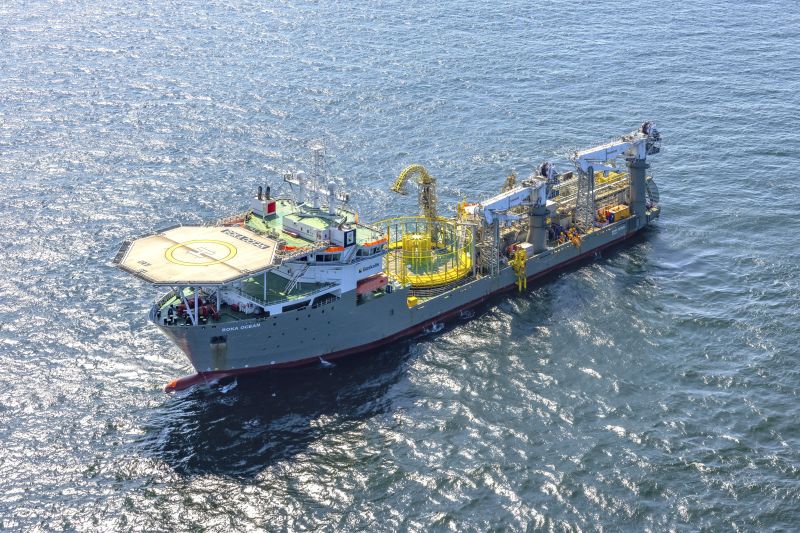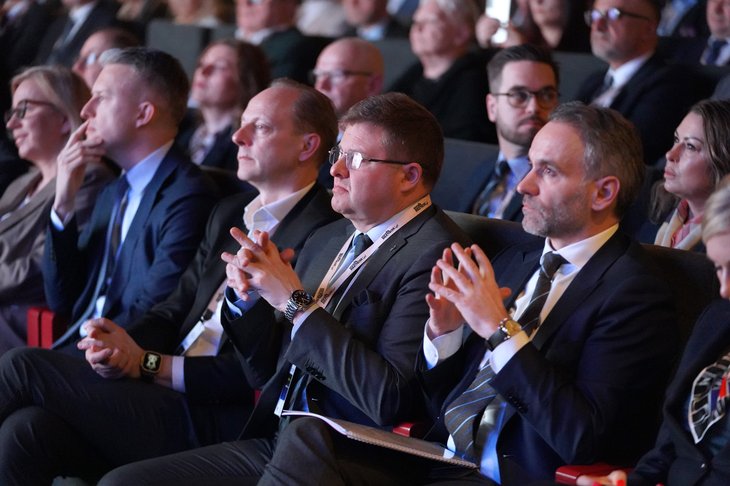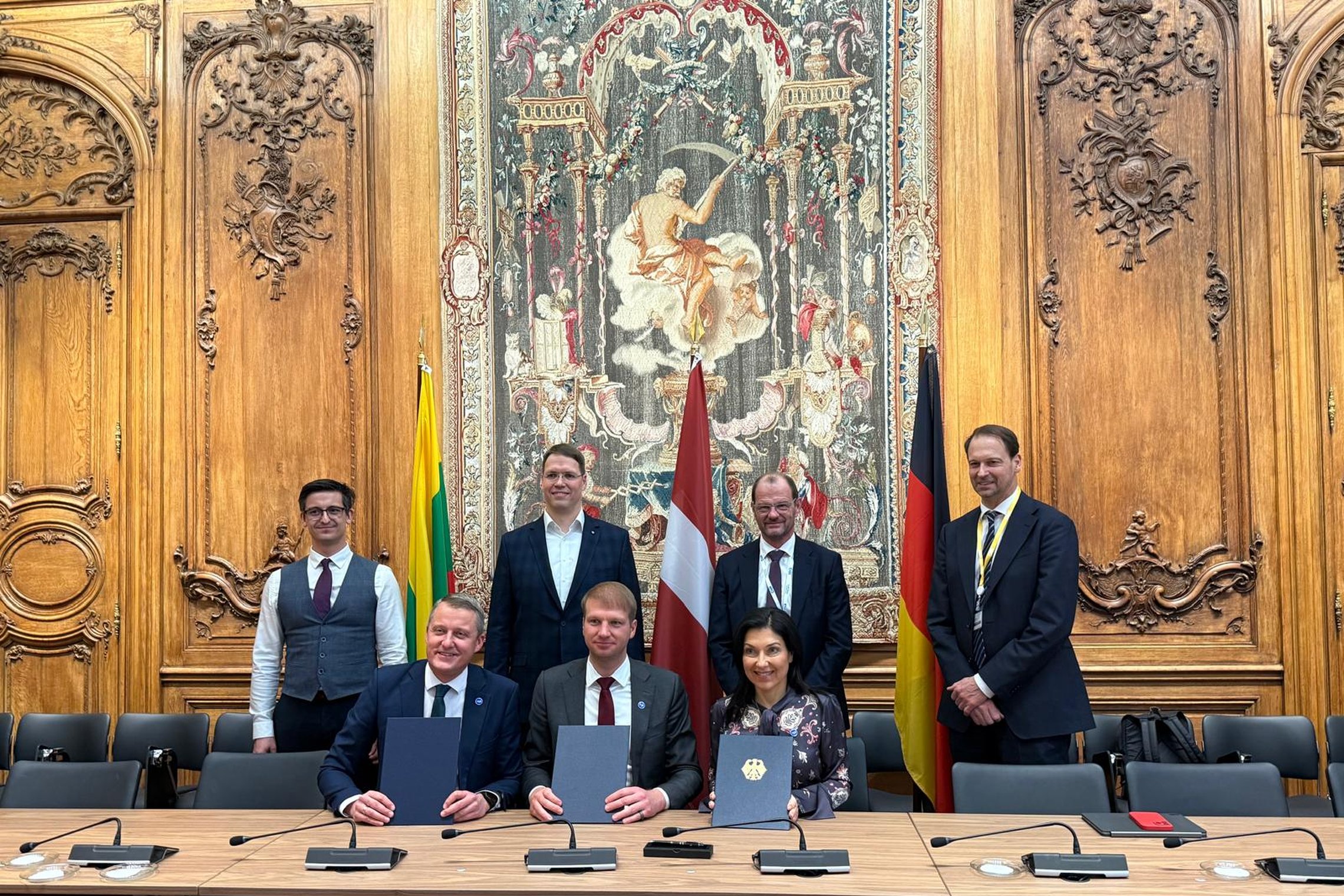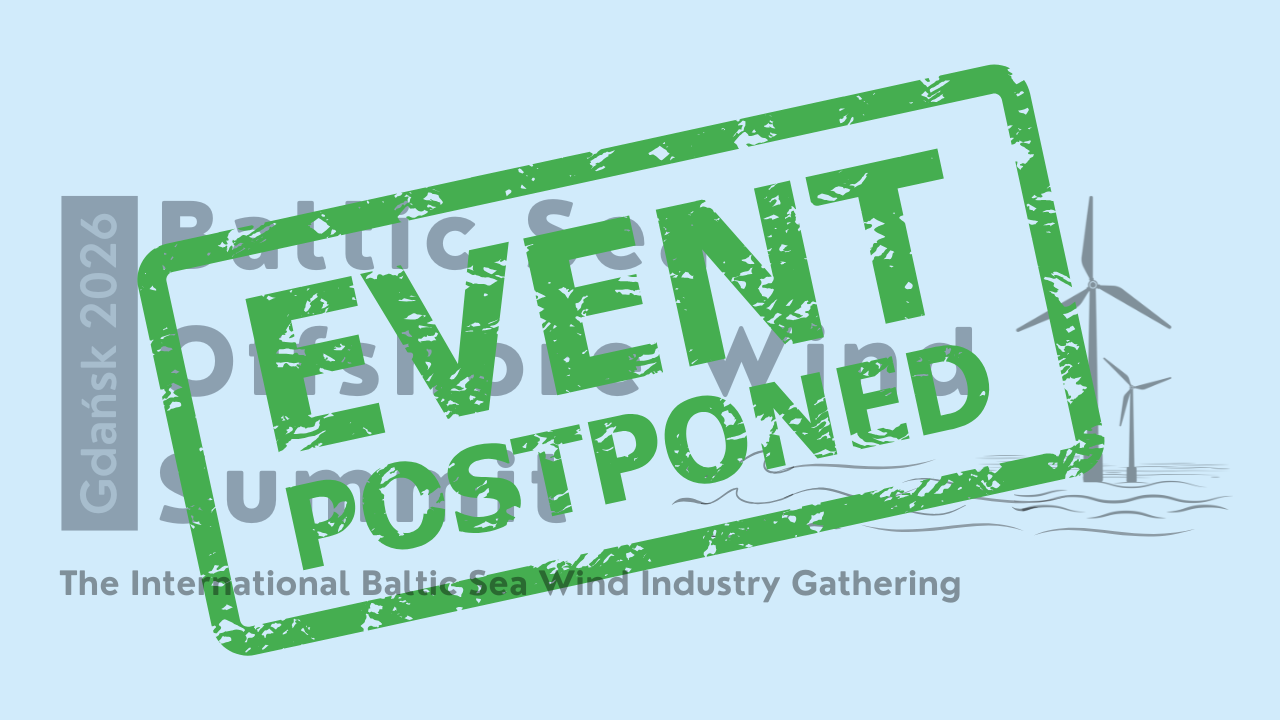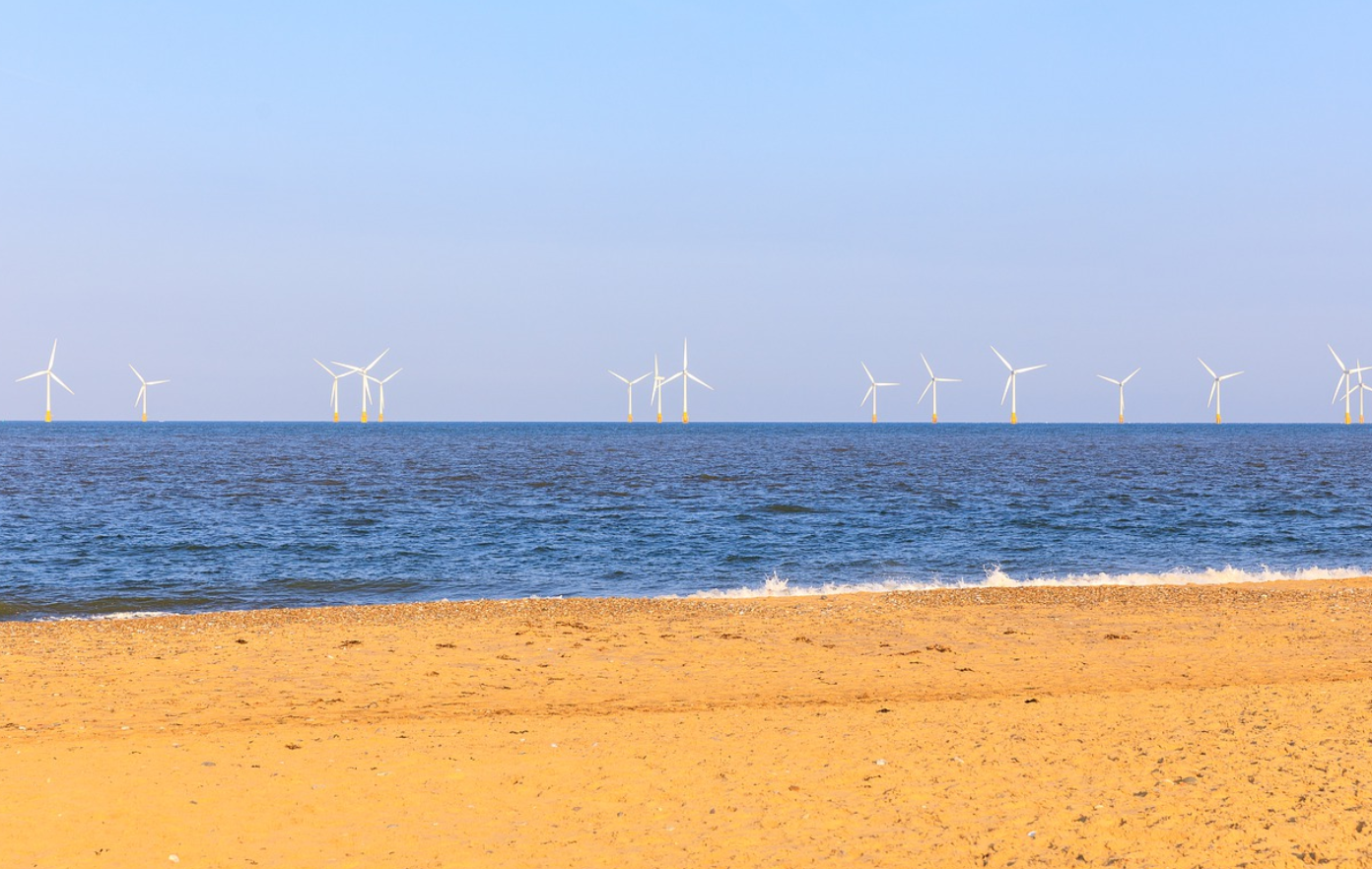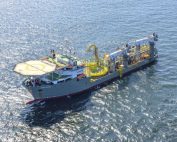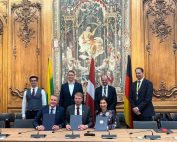Germany has unveiled a five-point Action Plan to ensure fair competition and data security in the wind energy sector. The German Economy and Energy Ministry (BMWK) is addressing challenges that threaten the European and German wind energy supply chain, particularly unfair competition from international, non-European competitors, and cybersecurity risks linked to non-European wind turbines.
Key Highlights of the Action Plan:
- Restoring Fair Competition:
Germany is particularly concerned about the increasing presence of Chinese wind farm manufacturers in Europe. As the EU aims to scale up its wind energy capacity from 220 GW today to 425 GW by 2030 and 1,300 GW by 2050, there is a risk that much of the expansion could rely on Chinese-made turbines rather than European ones. The Action Plan highlights the need to ensure a level playing field for European manufacturers. This builds on the European Commission’s investigation, initiated in April 2024, into Chinese wind turbine suppliers under the EU Foreign Subsidies Regulation (FSR). Germany is pressing for the use of anti-subsidy and anti-dumping measures to counteract this. - Cyber and Data Security:
Recognizing wind turbines as critical energy infrastructure, the BMWK emphasizes the need to protect them from external influence, particularly through robust cybersecurity standards. The Action Plan proposes extending cybersecurity requirements to all companies that have access to modern wind turbines and pledges to inspect and control IT components used in turbines to ensure they meet security standards. - Permanent Magnets and Supply Chains:
The Action Plan outlines a new industry roadmap to reduce Europe’s dependence on imported permanent magnets, which are essential components in wind turbines. Currently, Europe imports nearly all of its permanent magnets, a strategic vulnerability that Germany aims to address incrementally. - Supporting Manufacturing Capacity:
The BMWK aims to boost Europe’s wind energy manufacturing through financial support, notably with a new programme by the state-owned KfW Bank. The plan estimates that around €16 billion in financial guarantees will be required by 2030 to support the expansion of Europe’s wind turbine manufacturing. - Scrutiny of Public Financing:
Germany is also calling for stricter scrutiny of public funds from institutions like the European Investment Bank (EIB) and the German KfW Bank, ensuring that projects benefiting from public financing do not use Chinese technology. The goal is to prevent undermining national or European interests, unfair competition, or non-compliance with environmental, social, and governance (ESG) rules.
Germany’s Action Plan reflects a broader European strategy to safeguard the future of wind energy, prioritizing both the competitiveness of European companies and the security of critical energy infrastructure. By addressing unfair competition and tightening cybersecurity protocols, Germany aims to fortify its wind energy sector as the EU significantly expands its wind capacity.
Source: Bundesministerium für Wirtschaft und Klimaschutz (BMWK)

